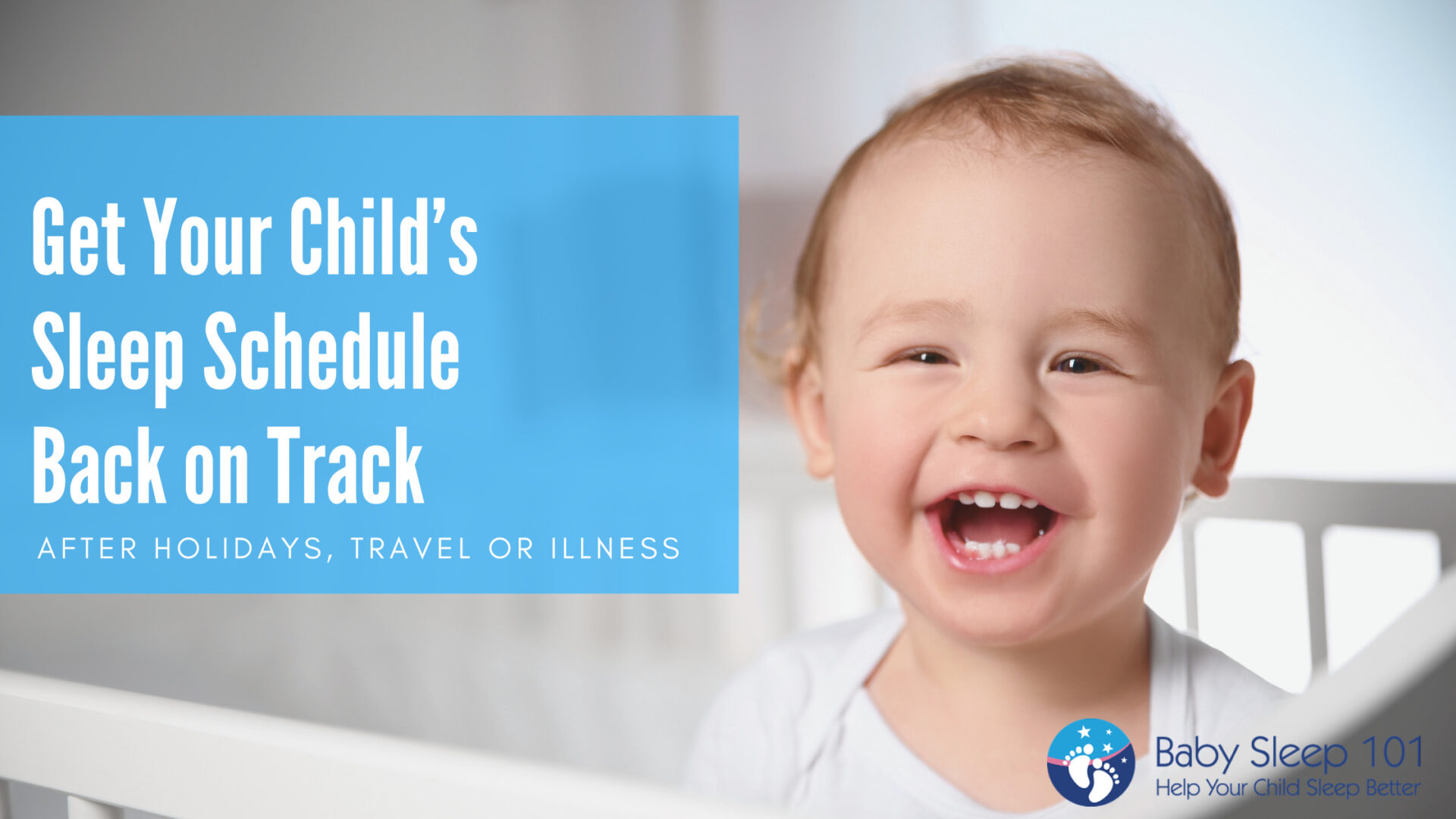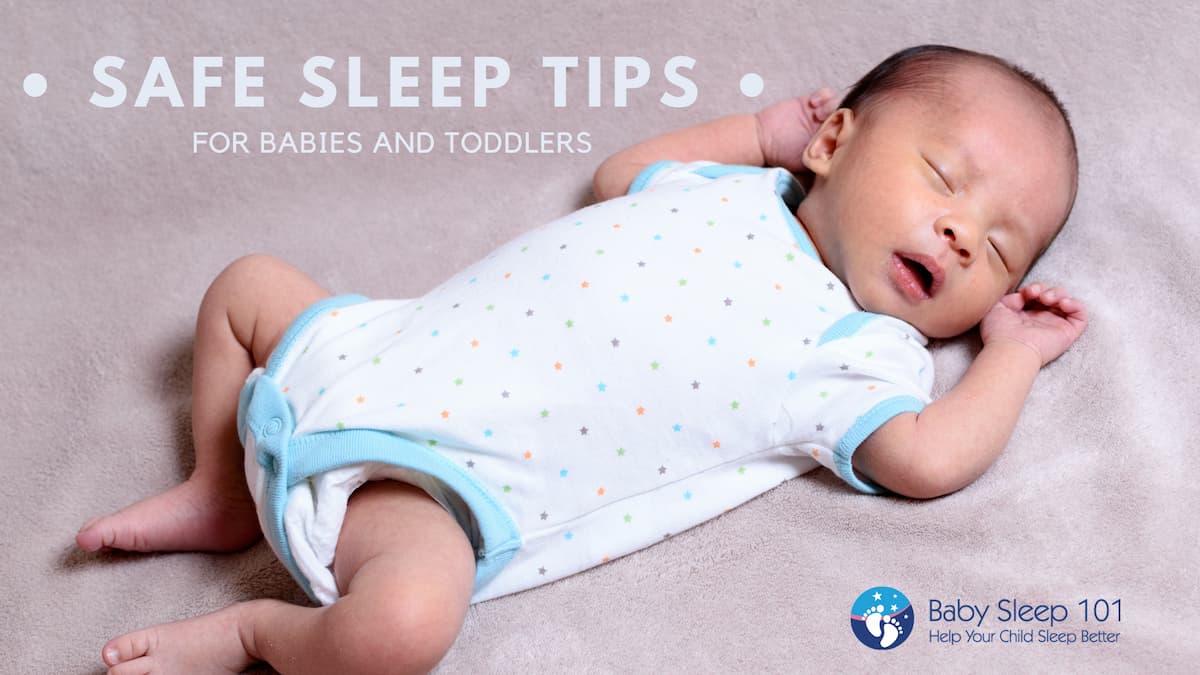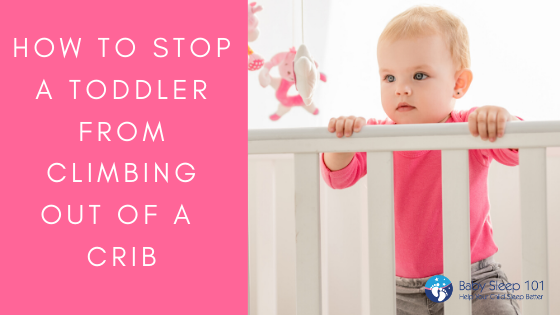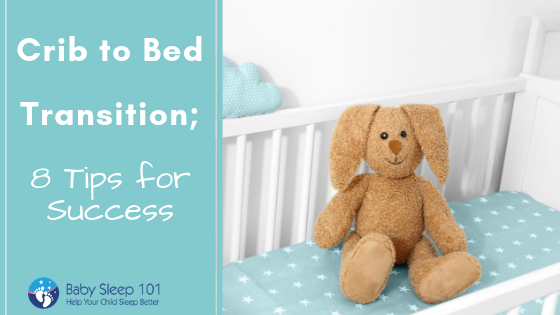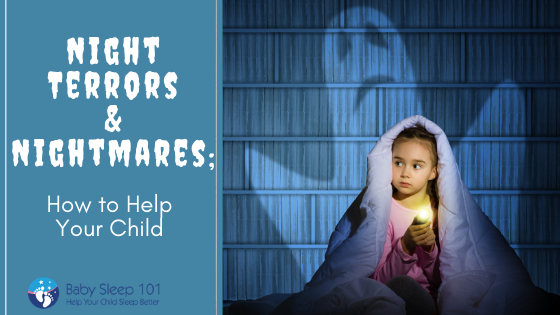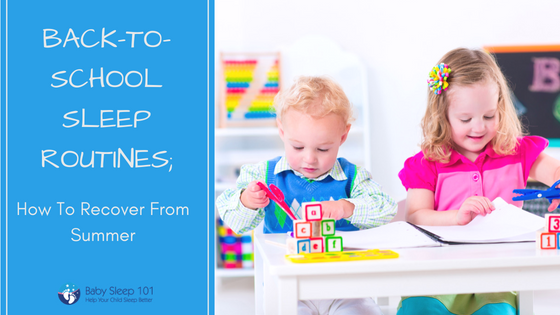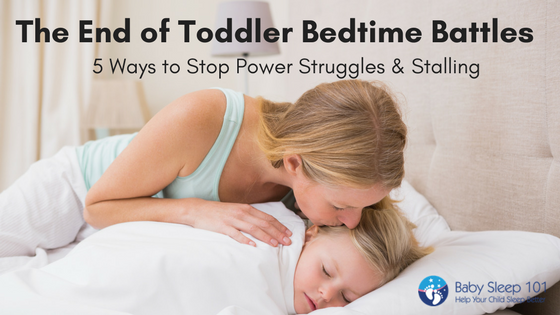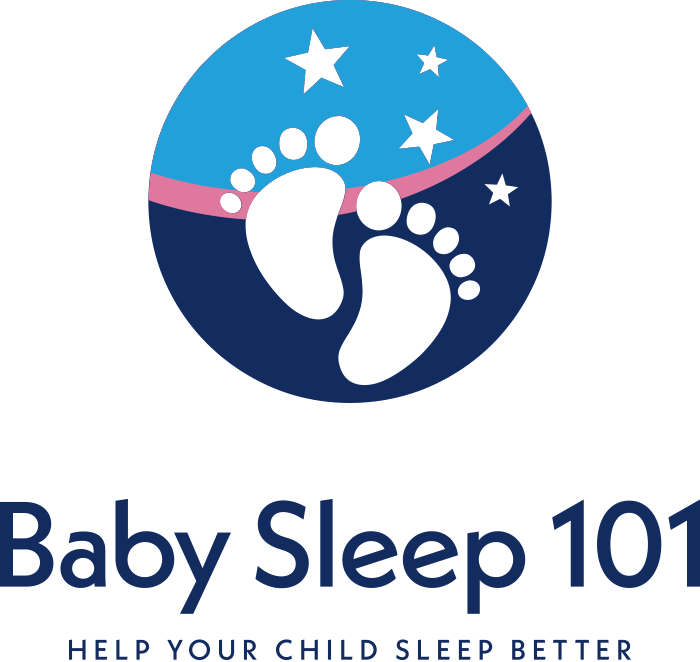Is sleep training your toddler right for you?
It happens to the best of us; we have a baby that was sleeping well ( or not) but then the toddler years hit and all hell breaks loose. Your child is climbing out of the crib, coming out of their bed and into your room, resisting nap, waking early, not letting you leave-you name it, you’ve got it. You start to think that sleep training your toddler is needed. But how to begin? All the baby books focus on just that-babies.
The good news is that I have helped many families with toddlers (and preschoolers! ) start to have healthy sleeping habits so that the whole family *including mom and dad* are feeling well-rested and happy. It is never too late!
Let’s not waste another moment of you feeling tired or frustrated, shall we? Here’s what you need to know…
Sleep Log
The best place to start at is with documenting your child’s sleep. Without having a base from which to start from, it is hard to move forward.
Maybe you’re back to work during the days and struggling to get your little one to sleep at night. The last thing you want to do is start writing everything down, *BUT* it’s exactly for this reason that it’s important to log your child’s sleep. As a busy mom myself (are there really any other kind?) I know it’s hard to accurately remember everything from day to day. But after working for years with exhausted parents, I know it’s even more difficult to remember details when you’re sleep deprived.
Record it on your computer, open up your favourite sleep app, or go old school with a pen and paper, but whatever you choose, there are some important factors to document;
- Wake up time
- Nap starting and end times
- Bedtime
- Night wakings, and
- Your child’s mood
Record this information for 5-7 days to provide valuable clues about your child’s sleep. It will help you to asses how much overall sleep and nap time they are getting each day on average. From there you can adjust accordingly.
This sleep logging time period should be one where everyone is on a pretty regular schedule. Don’t do it when there is illness, vacation, vaccinations, or house guests that may influence your results.
Baby or Toddler?
The term “toddler” is pretty ambiguous, describing everything from 12 month-3 year olds. When you’re looking at developing a healthy sleep routine though, it’s important to know where your little fits in for two reasons.
The first being is that you need to know what the average sleep requirements are for his or her age. And the second is for the most appropriate sleep training method options for their cognitive level.
A 13 month old toddler is going to have very different sleep needs than a 23 month old toddler. And each will have different options in terms of what is appropriate to expect from their level of understanding when trying to change behaviours.
Another special area to note is whether or not your child is still in their crib as it will impact your sleep training methods. I generally recommend that you wait until at least 3 years old to move a child to a big-kid bed for reasons outlined here, but I understand that not every family is able to do that.
Age Appropriate Routine
When you’re thinking about sleep training your toddler, it’s essential that you make their daytime and bedtime routine the primary focus. Although the talk in moms’ groups tends to focus on the sleep training aspect, it is in fact only focusing on the sleep training part that will ensure failure.
A perpetually overtired child will continue to cry, have temper tantrums, get silly, resist sleep period even after being sleep trained if their routine isn’t on track. Sleep training is *only* meant to get rid of sleep associations. It does not fix routines that have poorly timed naps and/or a bedtime that is too late.
If your little one is taking 2 naps a day, they will generally need a morning nap around an hour in length, and an afternoon nap ranging from 1.5-2 hours. A toddler that has completed the 2-1 nap transition will need a midday nap ranging from 1.5-3 hours in length and bedtime falling somewhere between 6-8pm.
Please note that these are just averages-always take your child’s unique sleep temperament into consideration.
Manage the Sleep Debt
This goes hand in hand with the preceding tip. As you focus on your child’s routine, their sleep debt will begin to be reduced. You can further this process along by not allowing bedtime to be too late.
How late is too late?
Well-rested toddlers can handle about 4-5 hours from the wake up of their last nap until bedtime. However if they are overtired, moving bedtime up earlier than this will be very helpful.
Change Sleep Behaviours and Expectations
Now it is time to decide how you want to change your child’s sleep behaviours. Do they come out of their room each night? Need you to lay down with them? Insist on something to drink before they go back to sleep? This is where you would choose the appropriate sleep training method and employ it consistently to change these sleep habits.
This is one of the last areas to consider and should never be done without addressing any daytime routine issues first. This way, we tackle the child’s sleep debt which assists with reducing the amount of crying. Win-win!
Picking the actual sleep training method for your toddler will be based upon their age (see point #2), their personality, and your parenting philosophy. Consistency is essential; pick a method that you can see through to the end. Constantly changing your method or response will ultimately confuse your child (read: crying) so following through once you have begun is the quickest path to success.
For a comprehensive review, I detailed many options in this sleep training series and several of them can be adapted for older children in big kid beds.
BONUS: A Tip For Older Toddlers
The older a child is, the more you can talk to them about how great sleep is for their bodies, preceding any changes you intend to make. You want to sell them on the idea of sleep and what it can do for them.
Most toddlers love to be physically active; running, jumping, swinging, climbing play structures and the like. Use this to your advantage and begin to draw the connections for them about how sleep helps their energy levels; allowing them to feel good enough to play.
By discussing the benefits of getting enough rest before sleep training your toddler, and then following through during the implementation period, you will help your child start to take pride in their sleep skills.
It is actually pretty amazing and quite touching to see when this transformation begins to happen. I have had many parents amazed how suddenly their child is eager to go to sleep (after resisting sleep for sometimes years). The child begins to appreciate and feel the difference in themselves!
If your little one has been lacking sleep for sometime, it may be time to consider making some changes in their routine. Sleep training your toddler can result in your child getting healthy and restorative sleep, and teaching them a valuable life skill. The preceding tips are a great place to start and should you want more detailed help, check out the toddler sleep consultation options.
If healthy sleep habits are well under way, but you need to ask a quick question, be sure to like and join the Baby Sleep 101 Facebook page’s Wednesday night free Q & A sessions.




